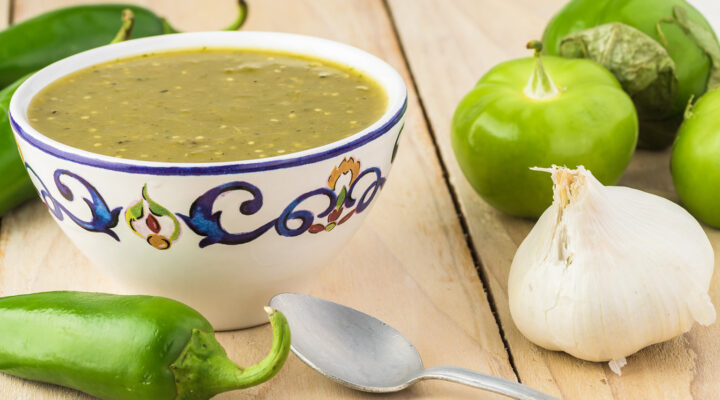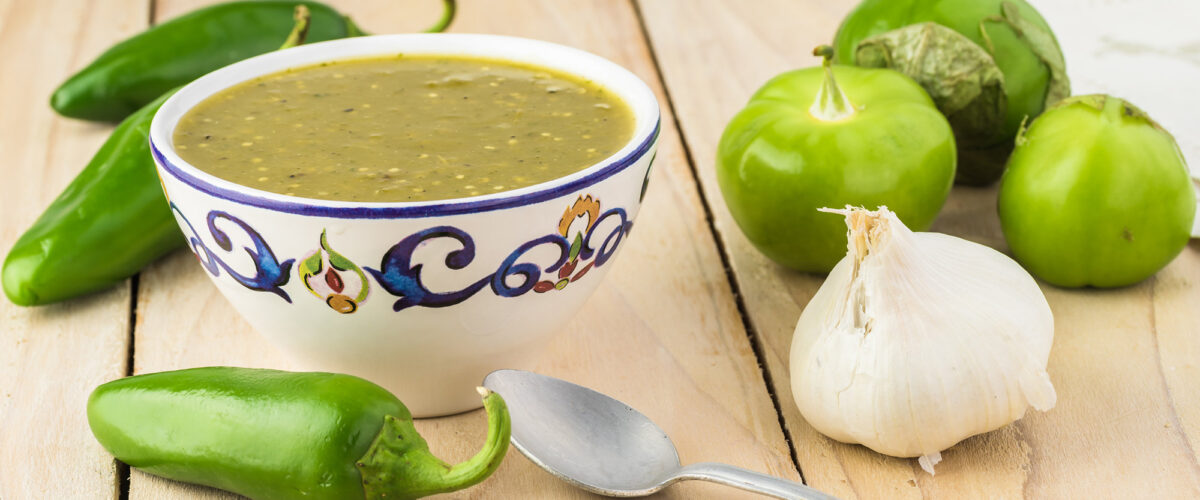I’ve known two fundamental truths about myself since I was little: I am adopted, and I am Latina.
A birth heritage of Mexican descent always has felt like an important piece of who I am. I was adopted at birth to two wonderful parents who encouraged questions about my adoption and cultivated a relationship built on trust. I knew I was loved by my family and that I had a missing piece.

Sara Robb-Scott
My stuffed monkey, Smirnish, was my companion in all things toddlerhood. He even accompanied me in a wedding where I served as the flower girl. I was too shy to agree to do it alone, and so the bride graciously agreed to let me bring Smirnish down the aisle with me. She even had her seamstress make him a matching dress from leftover fabric scraps from my custom-made, iridescent teal dress. He now lives in my parents’ attic, safe and sound, in his little teal dress.
Smirnish was so named because at such a young age, I had a hard time saying “Spanish.” My parents would often talk about my birth family and about Mexico. I knew they spoke Spanish in Mexico, and I think Smirnish probably spoke it as well. At his core, Smirnish was a child’s attempt at self-understanding and identity formation.
Until recently, I thought I was one of those lucky adoptees who’d had wonderful adoptive parents and amazing siblings, who had learned to live in the fullness of what was, letting go of the pieces of what had been. As you probably know, life is full of situations where one wonderful thing can exist alongside another broken thing and each piece can be completely, simultaneously true.
“Life is full of situations where one wonderful thing can exist alongside another broken thing and each piece can be completely, simultaneously true.”
As bereavement program coordinator at WakeMed Health and Hospitals in Raleigh, N.C., I facilitate grief support groups four to six times per year (or more often, lately). In January 2022, I led my first Spanish-language support group. Leading the participants through a part of their grief journey, in a heart language that makes me who I am, opened me up to the experiences of adoption as a loss as well as gain. I experienced firsthand the concept I’ve shepherded countless others through: the coexisting of grief and gratitude.
It became important to me to learn about adult adoptees, and I found insightful information, including the fact that infants grieve. Keeping that notion of gratitude coexisting with grief close to my heart, I had a conversation with my mom about how my Spanish grief group had led me to start researching adoption as a loss, after years of resistance because I didn’t want to be ungrateful. She said I was wise to engage in this research and pointed out that separation from a birth parent, whether at birth or at an older stage, leaves a permanent rift. We talked about how we have each wondered if I actually got to meet my birth mom or if I was whisked away to foster care immediately after I was born. Then, she celebrated the existence of trauma-informed care saying, “Well glory be! It’s about time.”
Such hospitality in affirming the unique experiences of grief in bereavement and non-death loss is, to me, the nature of a church patterned after Christ’s radical hospitality and love. Hospitality and grief are uniquely linked in my mind and provide a harvest of rich opportunities for Christ’s church in the world.
I grew up on the mission field in Brazil. Because of the times I would tag along on after-hours pastoral visits with my dad, pastoral care and hospitality in the form of food have been intricately linked for me as long as I can remember. A home visit after a stillbirth, a funeral of a beloved church member, an evening Bible study in the poverty-stricken favela. At each encounter, we were met with tears, coffee and a cake made of a course ground yellow corn meal, similar to grits, called fubá.
 What does it mean to grieve in community? What is it really to break bread at the table of sorrow, to eat the corn cake of sadness and drink the strong coffee of bitter tears, knowing words will fail in these most existential of times? We can’t fix it, but we can sit in the ashes of sorrow, nursing and tending to one another’s wounds with meals that nourish and heal.
What does it mean to grieve in community? What is it really to break bread at the table of sorrow, to eat the corn cake of sadness and drink the strong coffee of bitter tears, knowing words will fail in these most existential of times? We can’t fix it, but we can sit in the ashes of sorrow, nursing and tending to one another’s wounds with meals that nourish and heal.
I long have believed that food, particularly food shared with a community, is healing. Whether it’s a bowl of Brazilian manioc soup with corn cake and coffee or a plate of Mexican chilaquiles topped with crumbled cheese and table cream, food connects us to generations of sufferers before us, who were cared for by people who didn’t know what to say but wanted to provide a supportive gesture of love and care. They remind us that sustenance in the face of grief, like the bread Jesus broke at table with his terrified and grieving disciples in the Upper Room, fosters healing in its simple way of uniting us as people who experience the complexities of humanity in joy and in grief.
During my Spanish grief group series, I purchased a cookbook of vegan Mexican recipes called Provecho. I began to cook from it as part of my decompressing from holding others’ grief while tending to my own.
“Hospitality and grief are uniquely linked in my mind and provide a harvest of rich opportunities for Christ’s church in the world.”
On the last week of group, I went to the big Hispanic market nearby and bought tomatillos, jalpeños and fresh tortillas. I roasted the vibrant green tomatillos with the jalapeños and big cloves of garlic until charred on all sides. I blended everything with salt into an outstanding homemade salsa verde, which my husband and I enjoyed with jackfruit quesadillas and homemade refried beans.
I ended a week of holding grief, with gratitude. Gratitude for a birth mom who connects me to a rich heritage of delicious food born of resistance. Gratitude for my mom who embodies hospitality and care. Gratitude for my hometown of Belo Horizonte, Brazil, where I grew up eating the foods of resistance and resilience; where I learned to love people through death and sorrow, celebrate with them at weddings and baptisms and to hold grief and joy lightly together and up to the one who sobs and cheers along with us. We lived life together in its rawness and beauty, and through it all, there was always coffee and cake.
The body of Christ that was modeled for me, the living legacy of Christ’s love in the world, is vivid in my memory every time I eat a piece of Brazilian cheese bread or savor a simple sandwich of fresh French bread, butter and cheese, with milky coffee on a Sunday afternoon. In grief and in joy, sustenance connects me to community near and far and to the one who holds it all. Thanks be to God for the gifts of hospitality in the midst of grief.
Sara Robb-Scott serves as bereavement program coordinator at WakeMed Health and Hospitals. Sara and her husband, Andrew, live in Durham, N.C., with their cat, Reesee, and two Guinea pigs, Hillary and Elizabeth. Sara blogs at www.sarainrealife.com
Related articles:
When the dying stops, will we remember to address the multiplied grief of COVID?
A dose of clinical grief from Stumpy at Bubba-Doo’s | Opinion by Charles Qualls
Why neither seminary nor pastoral experience prepares ministers for (their own) grief


